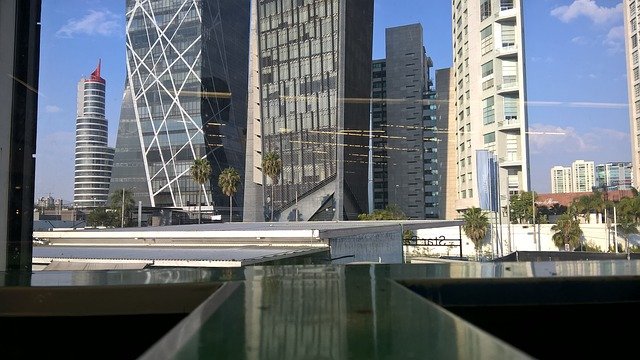Enclave Economy
An enclave economy is an economic region that differs itself from the rest of the economy it integrates. The differences can be observed in companies from one sector to the next, or also by the disparities between the enclave’s culture and that of the surrounding economy. In the latter case, it would be more appropriate to refer to the enclave as a “socio-economic enclave”.
The emergence of an enclave economy can originate from spontaneous differences with the rest of the economy (cultural, legal, etc.) or it may emerge voluntarily due to initiatives started by its members or by a deliberate effort made by the government in cooperation with companies.
Enclave economies can either be more or less prosperous than the economy that surrounds it and its impact on the surrounding economy can either be beneficial or harmful.
In underdeveloped economies, enclave economies are associated with regions where there is a high level of foreign investment, which in turn causes several simultaneous phenomena: on the one hand,
In an enclave economy:
- employment levels are high
- salaries are high
- the technology used is cutting edge
- labor is skilled
- there is a high level of capital investment
- remittances are generated and are sent to foreign countries
While on the other hand in the surrounding economy:
- There is a high level of unemployment
- Low salaries
- Obsolete technology
- Little use of skilled labor
- Companies with low levels of capital investment
In these situations, the “enclave economies” do not integrate into the rest of the economy for diverse reasons and the effect this has on the surrounding economy can be negative, among other reasons, for the following:
- A “crowding-out” phenomenon may emerge that harms the surrounding economy. This occurs because the enclaves acquire qualified labor and raw materials, making these elements more expensive for the rest of the economy.
- In addition, the remittances are sent to the countries that originally invested in the companies, undermining the benefits for the rest of the economy.
One theory states that the spatial concentration of an ethnic group allows for this group to create its own companies. Theoretically, the economic growth of this group is more expedient if the integrands collectively form an enclave economy instead of dispersing randomly throughout the region.
Each of these “communities” would be considered socio-economic enclaves. Within them, the immigrants and the already established inhabitants would share a mutual culture and it would be easier for them to find a job or successfully start a new business. Albeit in these cases, it can be said that there is a smooth relationship with the rest of the city.
Enclave Economies
In Mexico, several multinational companies established themselves in the state of Jalisco where several technology related companies had settled and together formed an economic enclave. The government assisted these multinational companies in establishing themselves. Between 1995 and 1998, foreign investments were tripled. Nevertheless, the benefit for the rest of the economy was limited or null. This is an example of an enclave that does not benefit the surrounding economy.
